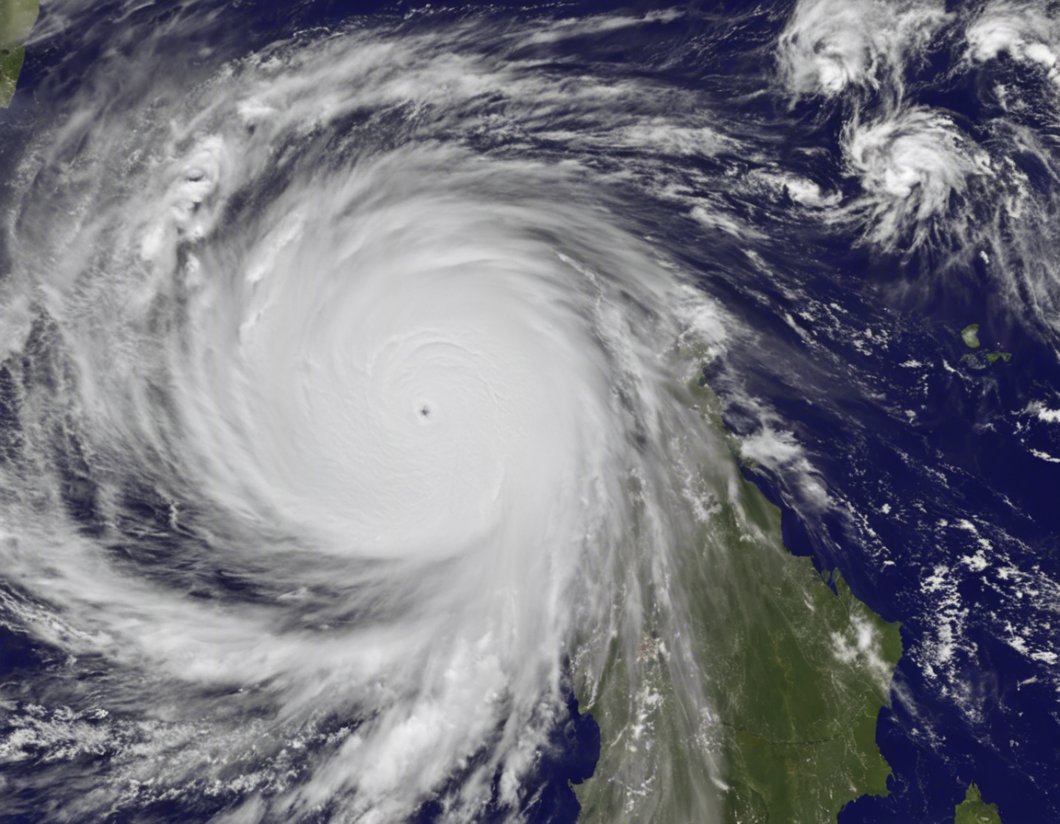As Cyclone Remal gathers strength and moves towards the coast of West Bengal, it is crucial for residents to take necessary precautions and be well-prepared for the potential impact of this powerful storm. By understanding the nature of cyclones and the specific risks they pose, individuals and communities can minimize the damage and ensure their safety. Here’s a comprehensive guide on how to prepare for Cyclone Remal’s impact in West Bengal.
Understanding Cyclones
Cyclones are intense weather systems characterized by strong winds, heavy rainfall, storm surges, and potential flooding. They typically form over warm ocean waters and can cause widespread destruction when they make landfall. In the case of Cyclone Remal, which is expected to hit West Bengal in the coming days, residents need to be vigilant and ready for adverse weather conditions.
Stay Informed
Keeping abreast of the latest updates and official warnings is essential when preparing for a cyclone. Follow local meteorological departments, news outlets, and official government channels for accurate and timely information. Subscribe to weather alerts and notifications to receive real-time updates on the storm’s trajectory and intensity.
Emergency Supplies
Assemble an emergency kit with essential supplies such as non-perishable food, water, medications, first aid items, flashlight, batteries, and personal hygiene products. Ensure an adequate supply of these items to last several days in case of power outages or limited access to resources.
Secure Your Property
Inspect your home for any vulnerabilities that may exacerbate storm damage, such as loose roof tiles, weak windows, or unsecured outdoor furniture. Reinforce doors and windows, trim overhanging branches, and secure any items that could become projectiles in strong winds.
Evacuation Plan
Familiarize yourself with the nearest evacuation shelters and routes in your area. Plan your evacuation strategy in advance, taking into account any elderly relatives, children, or pets that may require special arrangements. Follow official instructions regarding evacuation orders and seek shelter in designated safe locations.
Communication Plan
Establish a communication plan with your family members and loved ones to stay connected during the cyclone. Share important contact numbers, designate a meeting point in case of separation, and keep a portable phone charger or power bank in your emergency kit.
Financial Preparedness
Keep some cash on hand as ATMs and card transactions may be disrupted during and after the cyclone. Consider storing important documents like identification papers, insurance policies, and medical records in a waterproof container for easy access in case of evacuation or damage to your property.
Post-cyclone Recovery
After the cyclone passes, prioritize safety when inspecting damage to your property. Be cautious of downed power lines, flooded areas, and unstable structures. Assess and document any damage for insurance claims and seek assistance from local authorities or relief organizations if needed.
Frequently Asked Questions (FAQs)
Q: What is storm surge, and how does it differ from a tsunami?
A: Storm surge is a rapid rise in sea level due to the combination of strong winds and low atmospheric pressure during a cyclone. Unlike tsunamis, which are caused by underwater earthquakes or volcanic eruptions, storm surges are a result of meteorological conditions.
Q: How can I protect my electronic devices during a cyclone?
A: Keep electronic devices charged in advance, use surge protectors to safeguard against power fluctuations, and consider investing in waterproof cases or bags to protect them from water damage.
Q: Are there specific precautions for individuals with medical conditions during a cyclone?
A: Ensure an adequate supply of medications, medical supplies, and equipment. Keep important medical records handy and inform caregivers or family members about your specific healthcare needs.
Q: Should I turn off utilities like gas and electricity before a cyclone hits?
A: Follow local guidelines regarding utility shut-offs. In some cases, turning off gas and electricity can prevent fires or accidents during the storm, but it’s essential to follow safety procedures when doing so.
Q: How can I help my community with post-cyclone relief efforts?
A: Consider volunteering with local organizations, donating supplies or funds to relief efforts, and spreading awareness about resources available for those affected by the cyclone. Collaborate with neighbors and community groups to coordinate assistance efforts effectively.
Preparation is key to mitigating the impact of natural disasters like Cyclone Remal. By staying informed, planning ahead, and taking proactive measures to protect yourself and your loved ones, you can navigate the challenges posed by cyclones with resilience and preparedness. Stay safe and be proactive in ensuring your well-being during this challenging time.
